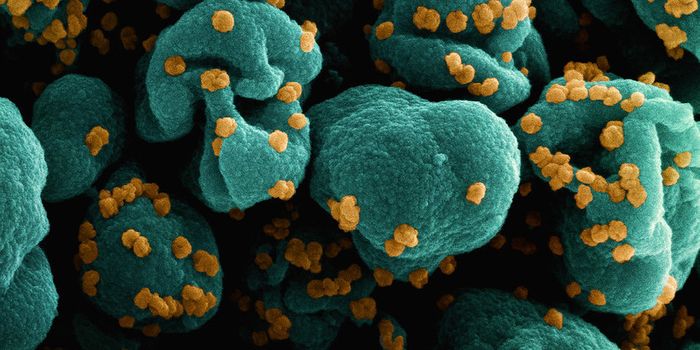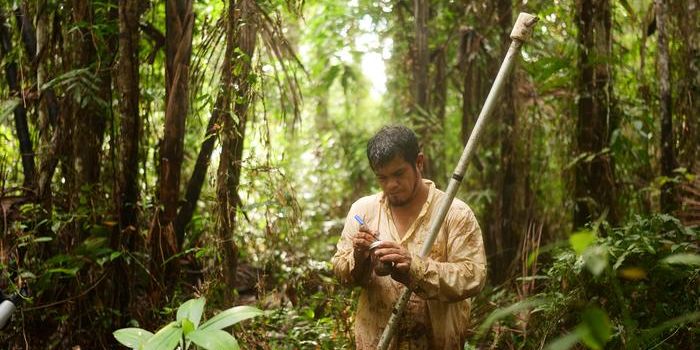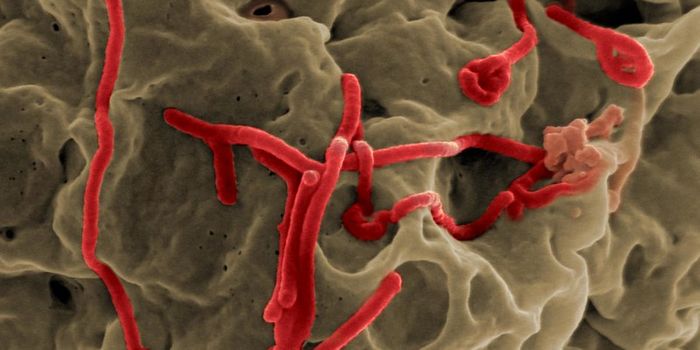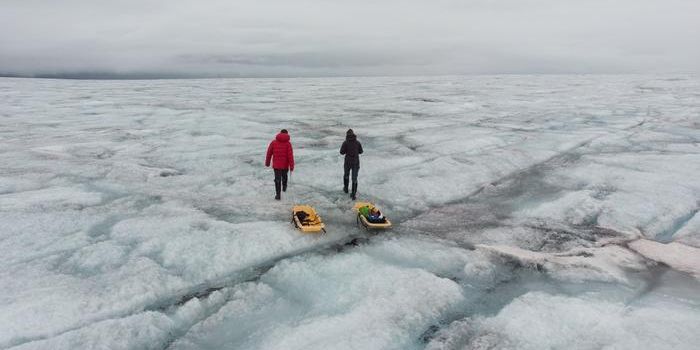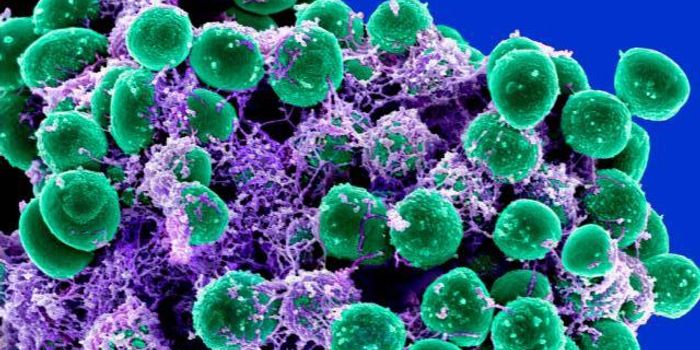A Virus That Moved Around the World with People
An international team of researchers has given the term travel bug new meaning. Their work has shown that travel not only impacts our lives; it also affects a virus we carry in our gastrointestinal tracts. While recent research has revealed the profound impact that bacteria in the gut microbiome can have on our physiology, this work has focused on a virus that is a common part of that microbial community. Called crAssphage, this virus is carried by an estimated seventy percent of the global population and can be found in sewage everywhere. It also contains a biomarker that is altered when a person moves from one place to another.
Primates also carry a version of crAssphage; the virus has probably stuck with humans for millions of years and may have evolved along with us.
It's a bacteriophage, which infects bacteria. It has not yet been linked to any health issue, whether good or bad and is probably just a typical member of the gut microbiome.
In this study, researchers took samples from every continent but Antartica; their efforts meant 65 countries were represented in the research. Specimens were collected from plants, rivers, lakes, and sewage plants around the globe. This work may be the first to assess how viruses from human microbiomes around the world are similar. The findings have been reported in Nature Microbiology.
The first author of the study, Professor Robert Edwards of San Diego State University and colleagues identified crAssphage in 2014 with a computational approach. They used fecal samples to characterize crAssphage as a benign virus that has spread all over the world as part of the normal human gut virome (the viral microbes in the human gastrointestinal tract).
Edwards then reached out scientists around the world, asking them to join him in the hunt for crAssphage; 117 clinicians and researchers responded. After gathering the samples, they assessed 32,273 different genetic sequences to show that crAssphage is "a cosmopolitan inhabitant of the human gut the world over."
Edwards noted that this effort "is an illustration of how viruses move around the planet and are reflected in our microbiomes. We're just beginning to scratch the surface, but eventually, we may be able to manipulate the microbiome to target harmful bacteria. That would be a key step toward personalized medicine."
"True crowdsourcing and showing the importance of social media in science," exclaimed Samuel Díaz Muñoz, a University of California Davis assistant professor in the Department of Microbiology and Molecular Genetics, whose lab sequenced the viral samples.
Learn more about the discovery of crAssphage from the video.
Sources: AAAS/Eurekalert!, San Diego State University, University of California, Davis, Nature Microbiology


